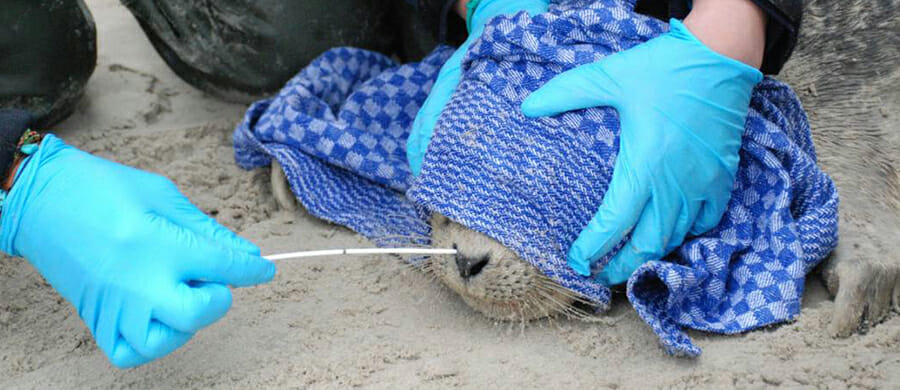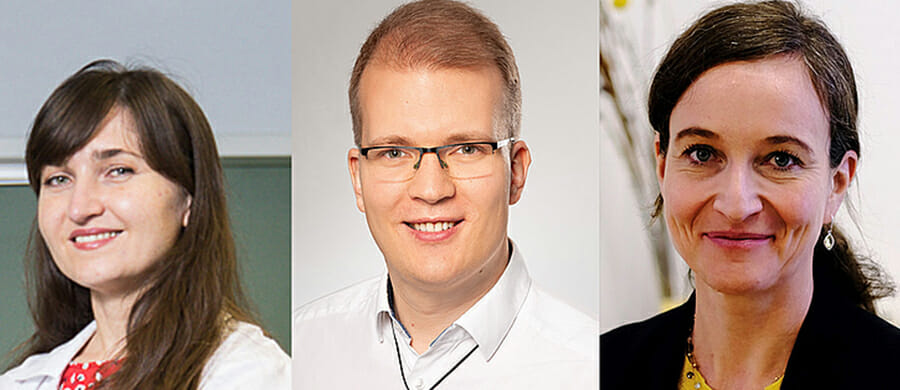UNIVERSITY VECHTA
Science Shop Vechta/Cloppenburg, Faculty of Education with the Department of University Didactics and Verbund Transformationsforschung agrar Niedersachsen (trafo:agrar)
Project Website, Pilotregion Oldenburger Münsterland, Cordis, Instagram, Facebook, Twitter
Projektleitung: Prof. Dr.-Ing. Arno Kwade
Projektname: „Li-Ion Pilot Lines Network“ (LiPLANET)
Keywords: Energie, Mobilität, Partner
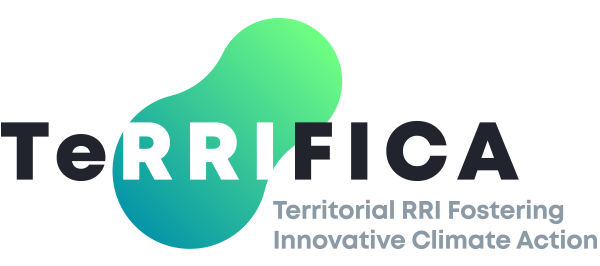
DATA & FACTS
Project
TeRRIFICA supports innovative climate action in six European pilot regions (2019 – 2022)
Scientific contact
Overall Project Coordination: Norbert Steinhaus (Science Shop Bonn) In the pilot region „Oldenburger Münsterland“: Prof. Dr. Marco Rieckmann (University Vechta)
EU-Funding line
Horizon 2020
Projektleitung: Prof. Dr.-Ing. Arno Kwade
Projektname: „Li-Ion Pilot Lines Network“ (LiPLANET)
Keywords: Energie, Mobilität, Partner
TeRRIFICA supports innovative climate action in six European pilot regions
An interactive climate map serves as a basis to track down local climate change effects
The project TeRRIFICA (Territorial Responsible Research and Innovation Fostering Innovative Climate Action)establishes measures for climate mitigation and adaptation in six European pilot regions – in a joint process with the civil society, academia, local administration, and policy makers.
Partner organisations are the Science Shop Bonn (Project coordination), the Catalan Association of Public Universities (ACUP) in Barcelona (Spain), the Adam Mickiewecz University in Posen (Poland), the Center of the Promotion of Science (CPN) in Belgrade (Serbia), Science Citoyennesin Paris (France), the Rhine-Waal University of Applied Sciencesin Kleve (Germany) and the University of Vechta (Germany). In mid 2021, the Belarussian organisation Association of Education for Sustainable Development (AESD) had to leave the consortium as a partner due to political circumstances in Belarus.
The six European pilot regions in Belarus, France, Germany, Poland, Serbia and Spain represent different territorial areas in Europe: There are rural but also urban regions, each with a different geographical prerequisite. Nevertheless, the approach was very similar in all pilot regions. At first, citizens’ observations and experiences with extreme weather events as well as their ideas for adaptation measures were collected in an interactive map. This creates the ground for the participatory and co-creative development of customized adaptation measures for specific climate hotspots in the regions. Finally in the last project phase, communication strategies, action plans, and policy recommendations are developed – all in alignment with the UN Sustainable Development Goals (SDGs).
The Oldenburger Muensterland is one of the six pilot regions and the work within this region is realized by the project team located at the University of Vechta. As a rural area, which is mainly characterised by the agriculture and all related economic sectors, topics such as the management of the resource water are highly relevant. Besides, the Oldenburger Muensterland has one of the highest homeowner rates in Germany. Thus, the approach of climate-friendly gardening is an interesting opportunity to raise awareness for climate mitigation and adaptation right at the citizens’ own front door. Moreover, possibilities for climate action in urban green spaces are addressed and are implemented together.
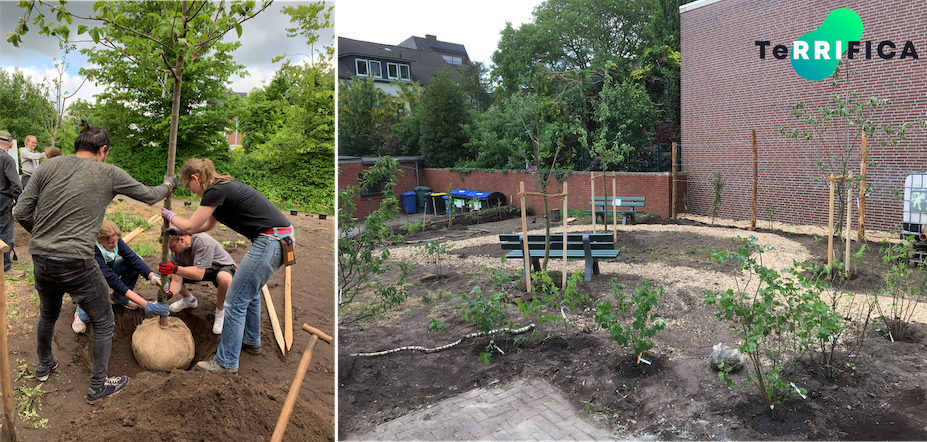
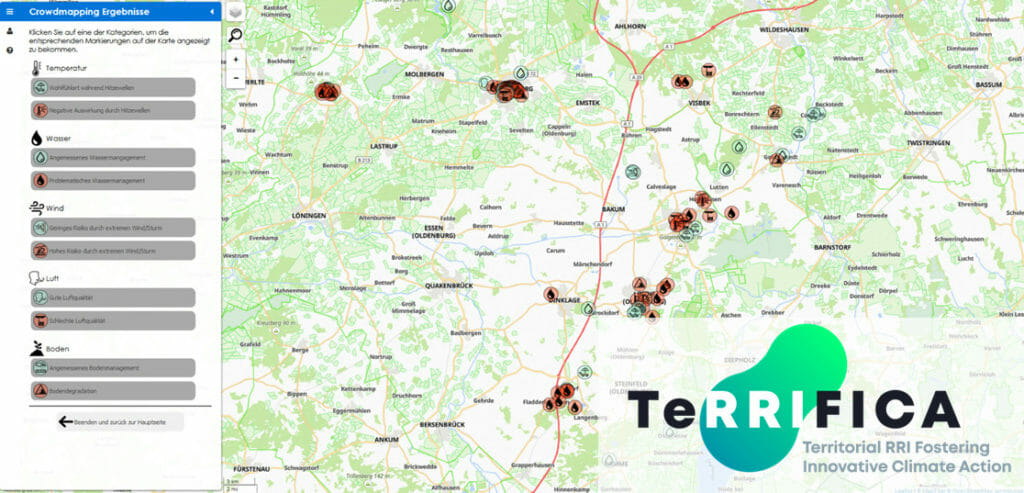
Author:
Hannah Hoff
Date:
01.06.2022

